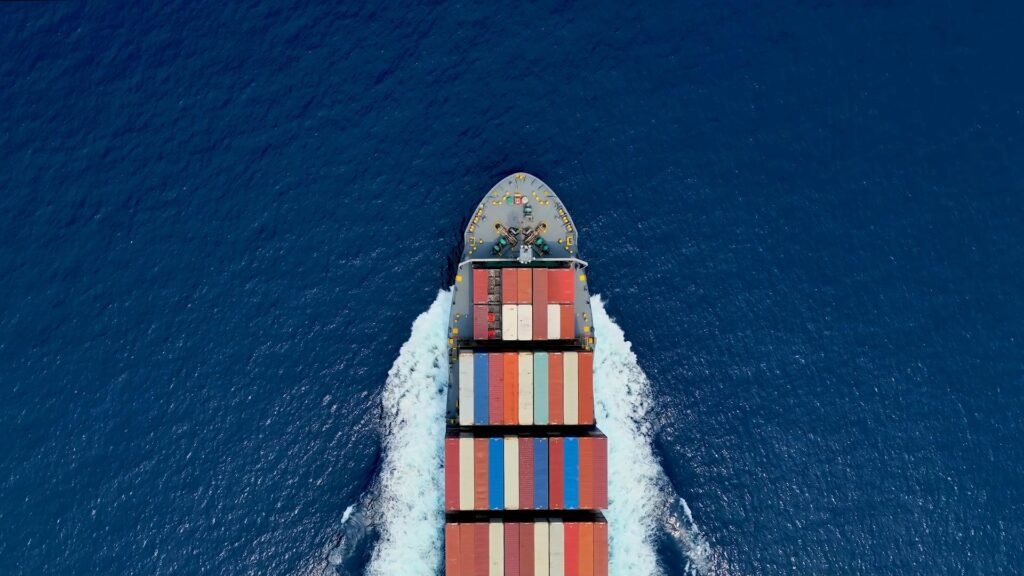Ocean freight already comes with high base costs. But unexpected charges like detention, demurrage, storage fees, and port handling surcharges can inflate your final bill dramatically. These “invisible” costs are often avoidable with the right planning and execution.
In this post, we’ll show you how to avoid extra charges in ocean freight and protect your logistics budget.

⚠️ 1. Understand the Most Common Extra Charges
Before you can avoid them, you need to know what they are:
📦 Demurrage
Fee charged when a container stays too long at the port terminal before being picked up.
🚛 Detention
Fee charged when you keep the container too long outside the port (e.g. at your warehouse).
🏗️ Port Storage Fees
Charged when cargo remains at the port beyond the free time, even without being containerized.
📄 Documentation Errors
Wrong or missing documents can lead to delays, fines, and reprocessing fees.
📅 2. Track and Respect Free Time Limits
Each port or carrier offers limited free days for both demurrage and detention (usually 5–7 days). If you’re not tracking these timelines, extra charges will apply.
Action tip:
Use a shipment tracking system or work with a freight forwarder that monitors deadlines in real time.
🧾 3. Prepare Accurate and Complete Documentation
Delays in customs clearance often occur due to errors in:
- Commercial invoices
- Packing lists
- HS codes
- Certificates of origin
- Bills of lading
Action tip:
Verify all documents at least 48 hours before vessel arrival to avoid inspection delays.
🚚 4. Plan Ground Transportation in Advance
Late truck bookings or missed pickup windows lead to storage time at port. This often results in detention and demurrage fees.
Action tip:
Schedule trucking early—especially during peak seasons—and have contingency plans for equipment shortages.
🔁 5. Work with an Experienced Freight Forwarder
A logistics partner like ELI Logistix can help you:
- Pre-clear customs before arrival
- Track container deadlines
- Coordinate carriers and drayage
- Catch billing errors
- Suggest alternative ports or routes
Benefit:
You reduce costly surprises and stay focused on your business—not on fighting port invoices.
You can’t always control port congestion or customs delays. But you can control how prepared you are. By learning how to avoid extra charges in ocean freight shipping, you reduce costs, improve delivery times, and protect your cash flow.
Need help preventing hidden freight charges?
Contact ELI Logistix to gain control over your international shipping costs today.
